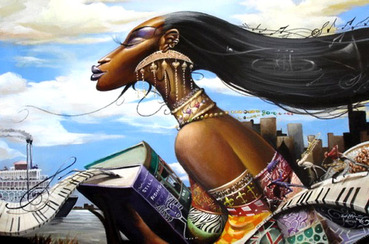 Art Credit: Frank Morrison
Art Credit: Frank Morrison Nina Angela Mercer, a new friend and brilliant creative soul, invited me to join her on this blog tour. You can check out Nina’s blog here.
Here’s how the blog tour works. Each writer answers 4 questions about their writing process and then passes the baton to other writers who follow up a week later.
1. What are you working on?
I’m working on my first novel, Janaína. It’s a magical realism thriller set in Harlem and Salvador da Bahia, Brazil. Janaína traces the lives of three generations of twins beginning with an ancestral mother, Janíana, to modern day twins Dia and Mia who are separated as toddlers when their mother is imprisoned. Dia becomes a “menina da rua,” one of Brazil’s many street children. Mia is secretly adopted by an American couple that lead a Harlem church. Ten years later, Mia receives a shocking medical prognosis and returns to search for her twin in the streets of Brazil where Dia is embroiled in a high-stakes gamble with organ traffickers. The twins are reunited in the fight of their lives during Brazilian Carnival. Navigating complex material and spiritual worlds, the estranged sisters – both running out of time – are forced to surrender to their linked fate in order to survive.
In Brazil, the name Janaína is synonymous with the orixá (divine spirit) Iemanjá. She is associated with oceans, motherhood, and creativity. Mãe Iemanjá is closely tied to the Atlantic Ocean, the body that carried so many of our ancestors through the Middle Passage. She has been a powerful force in my life. This book, in many ways in homage to Her axé (spiritual life force) and to all the Mothers in our lives.
2. How does your work differ from others' work in the same genre?
This work is still very much in process, so it’s a hard question to answer. In general, Janaína fits in the expansive body of intercontinental Black literature: stories of losing and finding home; migration, isolation and belonging.
There’s a lot of beautiful work by newer African writers that I admire (like Chimamanda Ngozi Adichie, Helen Oyeyemi, Taiye Selassi) and longtime favorite Caribbean writers (like Edwidge Danticat, Maryse Condé, and Jamaica Kincaid). I aspire to produce a book of this caliber – and to tell a story connecting Harlem and Salvador da Bahia in the ways those tomes connect other Diaspora communities.
3. Why do you write what you do?
Love. Memory. Healing. Redemption. That’s what this project is opening to me. In many ways, it feels like an ancestral obligation. A way to honor the Middle Passage experience of twins and its impact on their New World daughters.
Its also been a tender and raw route to process my spiritual path and my experiences working with Black children at the margins of society in the US and Brazil.
The book is a constructive place for my rage and grief, jubilation and awe. A place to wrestle with the power and limits of faith. The romanticism and reality of Diaspora. The bittersweet longing and loss of family. The too typical rootlessness that so many Black children navigate globally. Ultimately though, I write for Love.
The book was born when I heard the legendary tale of twin girls, Otampê and Gogorisa Ojaro, who survived the Middle Passage to Brazil in the 18th century. As a twin from a line of eight sets of twins, their story lodged itself in my heart and demanded my imagination, diligence and devotion. During a 10-day Vipassana silent meditation retreat in 2009, the story came pouring into me. I’m on my fifth draft and still going….
4. How does your writing process work?
That’s a funny question for me. I sometimes wish I had a specific process. Novel writing feels remarkably different from any other writing (poetry, essays, proposals) that I’ve done so I'm making the road as I walk it. But here are some things I'm noticing:
I’m a midnight writer. It takes me a good while to get into a groove. It’s like turning on a faucet and letting the rust run before clear water flows. By the time I get into my zone, the rest of the world is sleeping. And I can go for hours, until the room disappears and the writing comes from another place. I’m not one of those folks who get a lot done in 1-hour sprints. I need 3-5 hours at each sitting. But, I’m disciplining myself to get something done in those moments where 3-5 hours isn’t available. NaNoWriMo, which I’ve done twice, has been helpful with this discipline.
Community is a vital part of my process. While I enjoy those winged night-writing flights, I receive so much affirmation and inspiration writing in a collective space. (Imani House Writers Workshop is a longtime favorite circle). Writing in community and keeping peeps abreast of my plans and progress also helps me stay accountable. Similarly, I enjoy writing classes. As a beginner, honing my craft, receiving feedback and group edits have been so helpful in getting to Draft 5.
Reading is a big part of my process too. Especially as I struggle with structure and pacing, I’ve been picking up and picking apart some of my favorite books to understand what makes them work.
Sometimes there is prayer in it. And dreaming. Sometimes the act itself unfolds as prayer.
* * *
A dear friend and sister-writer will join the writing relay next Monday:
Alta Starr: https://www.facebook.com/alta.starr/notes_about_me
Peace,
Lorelei
+Art Credit: Frank Morrison
Here’s how the blog tour works. Each writer answers 4 questions about their writing process and then passes the baton to other writers who follow up a week later.
1. What are you working on?
I’m working on my first novel, Janaína. It’s a magical realism thriller set in Harlem and Salvador da Bahia, Brazil. Janaína traces the lives of three generations of twins beginning with an ancestral mother, Janíana, to modern day twins Dia and Mia who are separated as toddlers when their mother is imprisoned. Dia becomes a “menina da rua,” one of Brazil’s many street children. Mia is secretly adopted by an American couple that lead a Harlem church. Ten years later, Mia receives a shocking medical prognosis and returns to search for her twin in the streets of Brazil where Dia is embroiled in a high-stakes gamble with organ traffickers. The twins are reunited in the fight of their lives during Brazilian Carnival. Navigating complex material and spiritual worlds, the estranged sisters – both running out of time – are forced to surrender to their linked fate in order to survive.
In Brazil, the name Janaína is synonymous with the orixá (divine spirit) Iemanjá. She is associated with oceans, motherhood, and creativity. Mãe Iemanjá is closely tied to the Atlantic Ocean, the body that carried so many of our ancestors through the Middle Passage. She has been a powerful force in my life. This book, in many ways in homage to Her axé (spiritual life force) and to all the Mothers in our lives.
2. How does your work differ from others' work in the same genre?
This work is still very much in process, so it’s a hard question to answer. In general, Janaína fits in the expansive body of intercontinental Black literature: stories of losing and finding home; migration, isolation and belonging.
There’s a lot of beautiful work by newer African writers that I admire (like Chimamanda Ngozi Adichie, Helen Oyeyemi, Taiye Selassi) and longtime favorite Caribbean writers (like Edwidge Danticat, Maryse Condé, and Jamaica Kincaid). I aspire to produce a book of this caliber – and to tell a story connecting Harlem and Salvador da Bahia in the ways those tomes connect other Diaspora communities.
3. Why do you write what you do?
Love. Memory. Healing. Redemption. That’s what this project is opening to me. In many ways, it feels like an ancestral obligation. A way to honor the Middle Passage experience of twins and its impact on their New World daughters.
Its also been a tender and raw route to process my spiritual path and my experiences working with Black children at the margins of society in the US and Brazil.
The book is a constructive place for my rage and grief, jubilation and awe. A place to wrestle with the power and limits of faith. The romanticism and reality of Diaspora. The bittersweet longing and loss of family. The too typical rootlessness that so many Black children navigate globally. Ultimately though, I write for Love.
The book was born when I heard the legendary tale of twin girls, Otampê and Gogorisa Ojaro, who survived the Middle Passage to Brazil in the 18th century. As a twin from a line of eight sets of twins, their story lodged itself in my heart and demanded my imagination, diligence and devotion. During a 10-day Vipassana silent meditation retreat in 2009, the story came pouring into me. I’m on my fifth draft and still going….
4. How does your writing process work?
That’s a funny question for me. I sometimes wish I had a specific process. Novel writing feels remarkably different from any other writing (poetry, essays, proposals) that I’ve done so I'm making the road as I walk it. But here are some things I'm noticing:
I’m a midnight writer. It takes me a good while to get into a groove. It’s like turning on a faucet and letting the rust run before clear water flows. By the time I get into my zone, the rest of the world is sleeping. And I can go for hours, until the room disappears and the writing comes from another place. I’m not one of those folks who get a lot done in 1-hour sprints. I need 3-5 hours at each sitting. But, I’m disciplining myself to get something done in those moments where 3-5 hours isn’t available. NaNoWriMo, which I’ve done twice, has been helpful with this discipline.
Community is a vital part of my process. While I enjoy those winged night-writing flights, I receive so much affirmation and inspiration writing in a collective space. (Imani House Writers Workshop is a longtime favorite circle). Writing in community and keeping peeps abreast of my plans and progress also helps me stay accountable. Similarly, I enjoy writing classes. As a beginner, honing my craft, receiving feedback and group edits have been so helpful in getting to Draft 5.
Reading is a big part of my process too. Especially as I struggle with structure and pacing, I’ve been picking up and picking apart some of my favorite books to understand what makes them work.
Sometimes there is prayer in it. And dreaming. Sometimes the act itself unfolds as prayer.
* * *
A dear friend and sister-writer will join the writing relay next Monday:
Alta Starr: https://www.facebook.com/alta.starr/notes_about_me
Peace,
Lorelei
+Art Credit: Frank Morrison
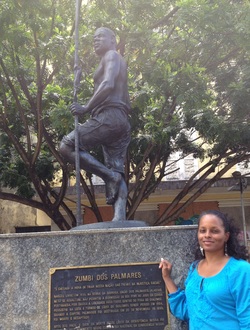
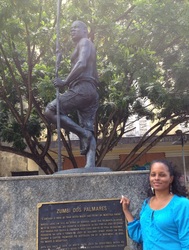
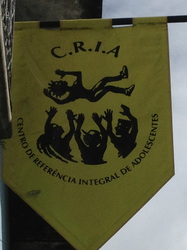
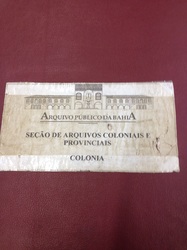
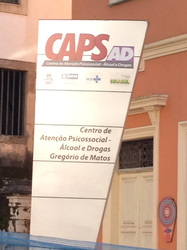
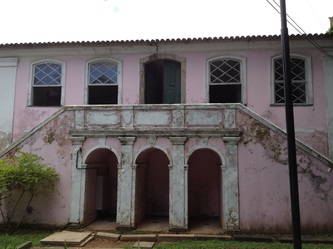
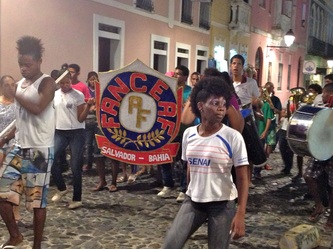
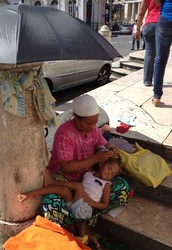
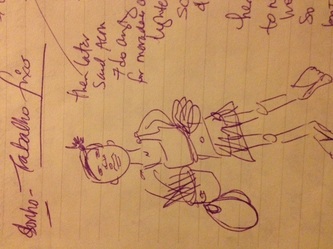

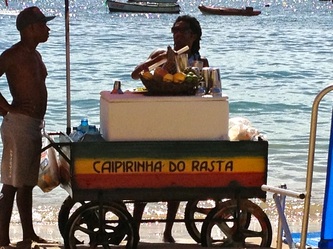
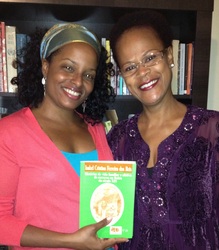
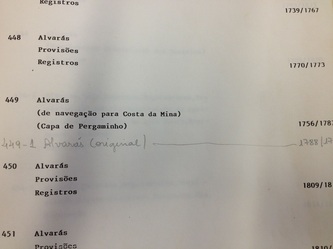
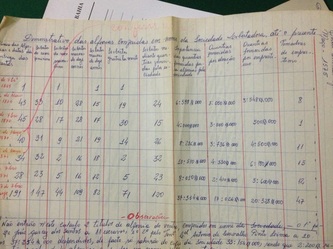
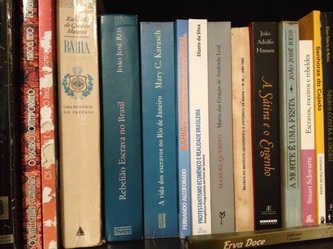
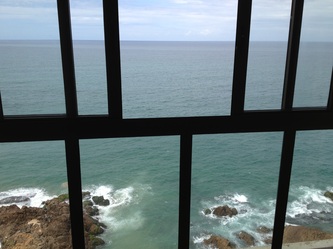

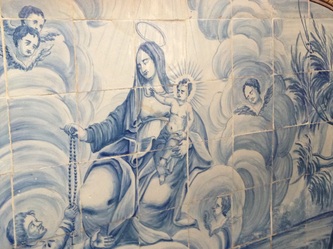
 RSS Feed
RSS Feed
